Intro
Learn how to stop nosebleed quickly with effective remedies, treating nasal bleeding, and preventing future episodes with simple first aid techniques and home treatments.
Nosebleeds, also known as epistaxis, are a common condition that can occur in anyone, regardless of age or health status. They can be caused by a variety of factors, including dry air, allergies, colds, sinus infections, and even physical trauma. While most nosebleeds are not a cause for concern and can be treated at home, it's essential to know how to stop a nosebleed quickly and effectively to prevent further complications. In this article, we will delve into the world of nosebleeds, exploring their causes, symptoms, and most importantly, the various methods to stop them.
Nosebleeds can be a frightening experience, especially for children and individuals who are not familiar with them. The sight of blood flowing from the nose can be alarming, and it's natural to feel anxious or worried. However, it's crucial to remain calm and take the necessary steps to stop the bleeding. By understanding the causes and symptoms of nosebleeds, individuals can take preventive measures to reduce their occurrence and learn how to stop them quickly when they do happen.
The importance of knowing how to stop a nosebleed cannot be overstated. Nosebleeds can lead to further complications, such as anemia, if left untreated or if the bleeding is severe. Additionally, nosebleeds can be a sign of an underlying condition that requires medical attention. By being aware of the various methods to stop a nosebleed, individuals can take control of their health and prevent further complications. In the following sections, we will explore the different methods to stop a nosebleed, including home remedies, medical treatments, and preventive measures.
Causes of Nosebleeds
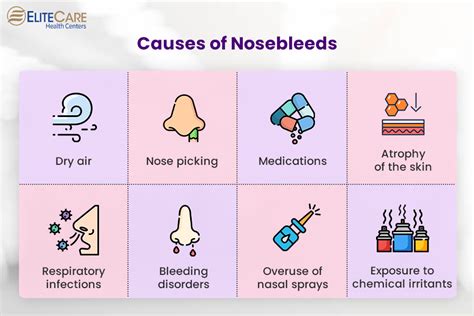
Understanding the causes of nosebleeds is essential in preventing and treating them. By identifying the underlying cause of the nosebleed, individuals can take targeted measures to prevent future occurrences.
Symptoms of Nosebleeds
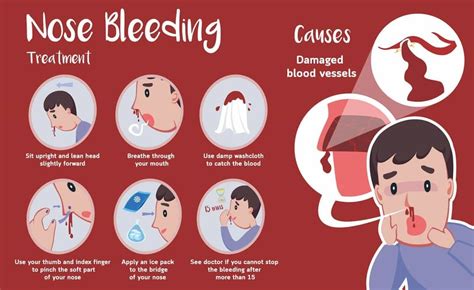
It's essential to recognize the symptoms of nosebleeds and take prompt action to stop the bleeding. In some cases, nosebleeds can be a sign of an underlying condition that requires medical attention.
Home Remedies to Stop Nosebleeds

These home remedies can help stop nosebleeds by reducing blood flow to the nose and promoting clotting. However, if the bleeding persists or is severe, it's essential to seek medical attention.
Medical Treatments for Nosebleeds
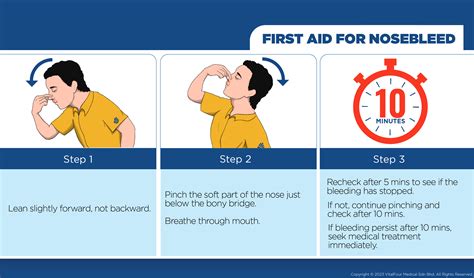
Medical treatments can help stop nosebleeds by promoting clotting, reducing blood flow, or addressing underlying conditions.
Preventive Measures
To prevent nosebleeds, individuals can take several measures, including: * Using a humidifier to add moisture to the air * Avoiding nose picking or blowing the nose * Applying petroleum jelly or nasal saline spray to the nostrils * Avoiding strenuous activities or bending * Managing underlying conditions, such as allergies or high blood pressureBy taking these preventive measures, individuals can reduce their risk of experiencing nosebleeds and promote overall health.
When to Seek Medical Attention
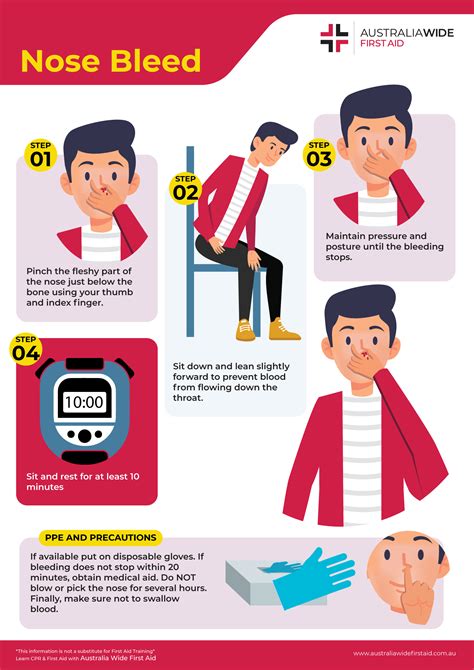
If you are experiencing any of these symptoms, it's essential to seek medical attention immediately.
Conclusion and Next Steps
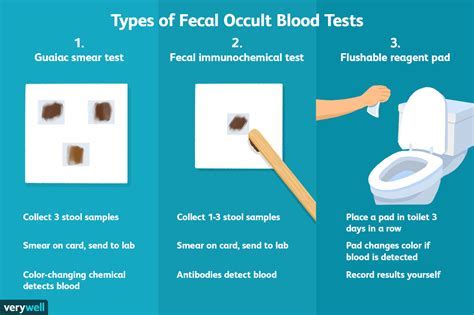
We hope this article has provided you with the necessary information to stop a nosebleed quickly and effectively. If you have any questions or concerns, please don't hesitate to comment below. Share this article with your friends and family to help them stay informed and healthy.
What are the most common causes of nosebleeds?
+Nosebleeds can be caused by a variety of factors, including dry air, allergies, colds, sinus infections, physical trauma, and underlying medical conditions.
How can I prevent nosebleeds?
+To prevent nosebleeds, individuals can use a humidifier, avoid nose picking or blowing the nose, apply petroleum jelly or nasal saline spray to the nostrils, and manage underlying conditions.
When should I seek medical attention for a nosebleed?
+Individuals should seek medical attention if the bleeding is severe or persistent, caused by a head injury or trauma, or if they are taking blood thinners or have a bleeding disorder.
Can I treat a nosebleed at home?
+Yes, most nosebleeds can be treated at home by applying pressure to the nostrils, using a cold compress or ice pack, elevating the head, and applying petroleum jelly or nasal saline spray to the nostrils.
How long does it take for a nosebleed to stop?
+The duration of a nosebleed can vary, but most nosebleeds stop within 10-15 minutes of treatment. If the bleeding persists or is severe, seek medical attention immediately.
